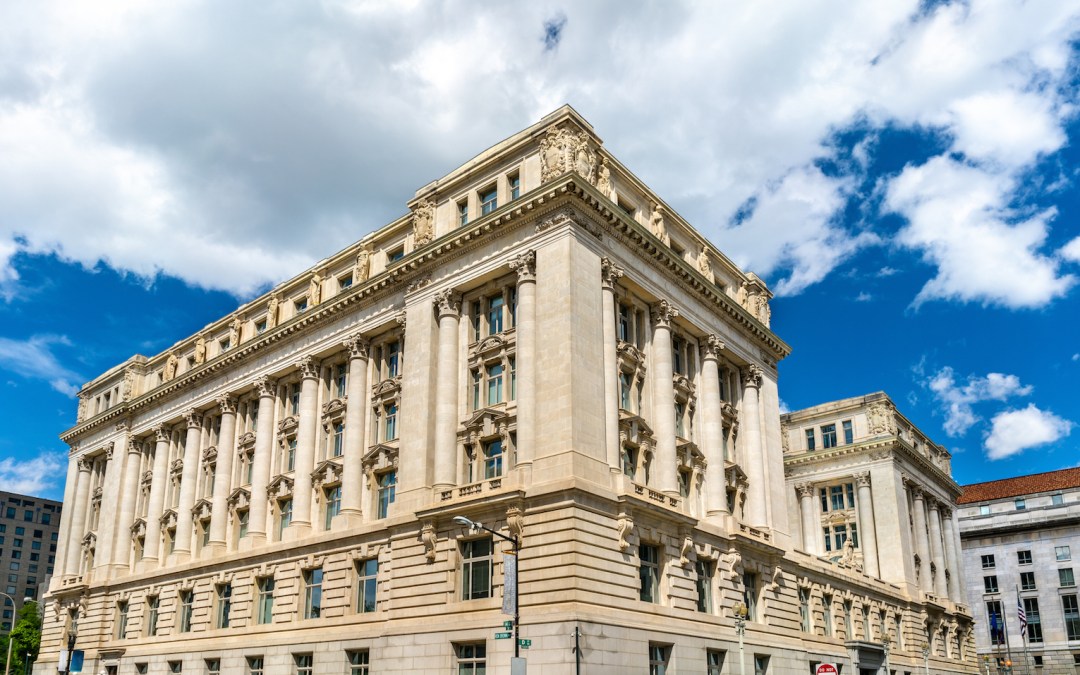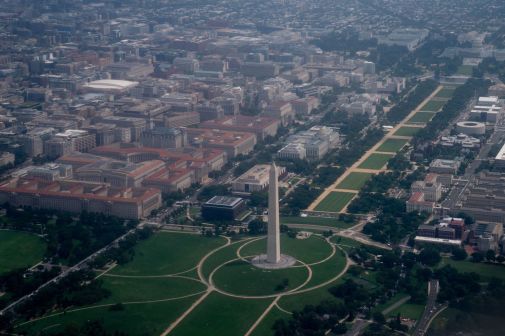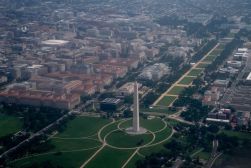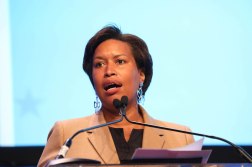Mobile voting effort comes to D.C.

Bradley Tusk, the venture capitalist who’s funded a series of pilot projects around the country testing smartphone-based voting, is eyeing Washington, D.C., as potentially his effort’s next proving ground.
Tusk’s Mobile Voting Project is planning to nudge city lawmakers to pass legislation that would allow some residents to cast their ballots using their personal devices, rather than the paper ballots D.C. voters use at polling places and through the mail, reported WAMU, a local NPR affiliate.
“D.C. is really proving to be a place for progressive election reform and making voting easier and more convenient for voters,” said Jocelyn Bucaro, the director of the Mobile Voting Project, according to WAMU.
Bucaro is a former elections administrator in Denver, which in 2019 participated in a Tusk-funded experiment to collect ballots from overseas voters using Voatz, a smartphone app that claimed to use blockchain encryption to protect the secrecy of its users’ identities and choices. Tusk, a former political strategist who made his fortune through an early investment in Uber, has since 2018 funded similar projects with state and local election officials in Delaware, Utah, Washington state and West Virginia.
The mobile voting experiments have often been followed by sharp criticisms from the election-security community that ballots transmitted over an internet connection are inherently risky, a position echoed by the U.S. Department of Homeland Security last year. And Voatz, one of a handful of software companies used in the Tusk-funded efforts, has seen its app picked apart by third-party assessments and academic reviews that turned up numerous bugs, although ballots cast over the app stood up to the scrutiny of post-election audits.
In an interview with StateScoop earlier this fall, Tusk said he’s revamping his Mobile Voting Project, with an eye on eventually expanding its reach beyond the small handfuls of military, overseas and physically disabled voters who participated in the past uses.
Along with hiring Bucaro, Tusk announced plans to spend up to $10 million on new technology to facilitate mobile voting, which will be developed by the Open Source Election Technology Institute and Assembly Voting, a Danish software publisher. He’s also started working with his one-time critics, including OSET, and said he’s open to recommendations made by a University of California, Berkeley group, led by former Homeland Security Secretary Janet Napolitano, that’s assessing the long-term viability of votes cast over the internet.
In D.C., any significant changes to how locals cast their ballots will have to win over a majority of the 13-person city council. One council member in July introduced a one-page bill legalizing smartphone-based voting, though that’s independent of the Tusk effort and has not gained any traction, WAMU reported. But the Mobile Voting Project has retained Max Brown, the chairman of the city’s events bureau and a close ally of D.C. Mayor Muriel Bowser, to lobby on its behalf, according to lobbying records.





